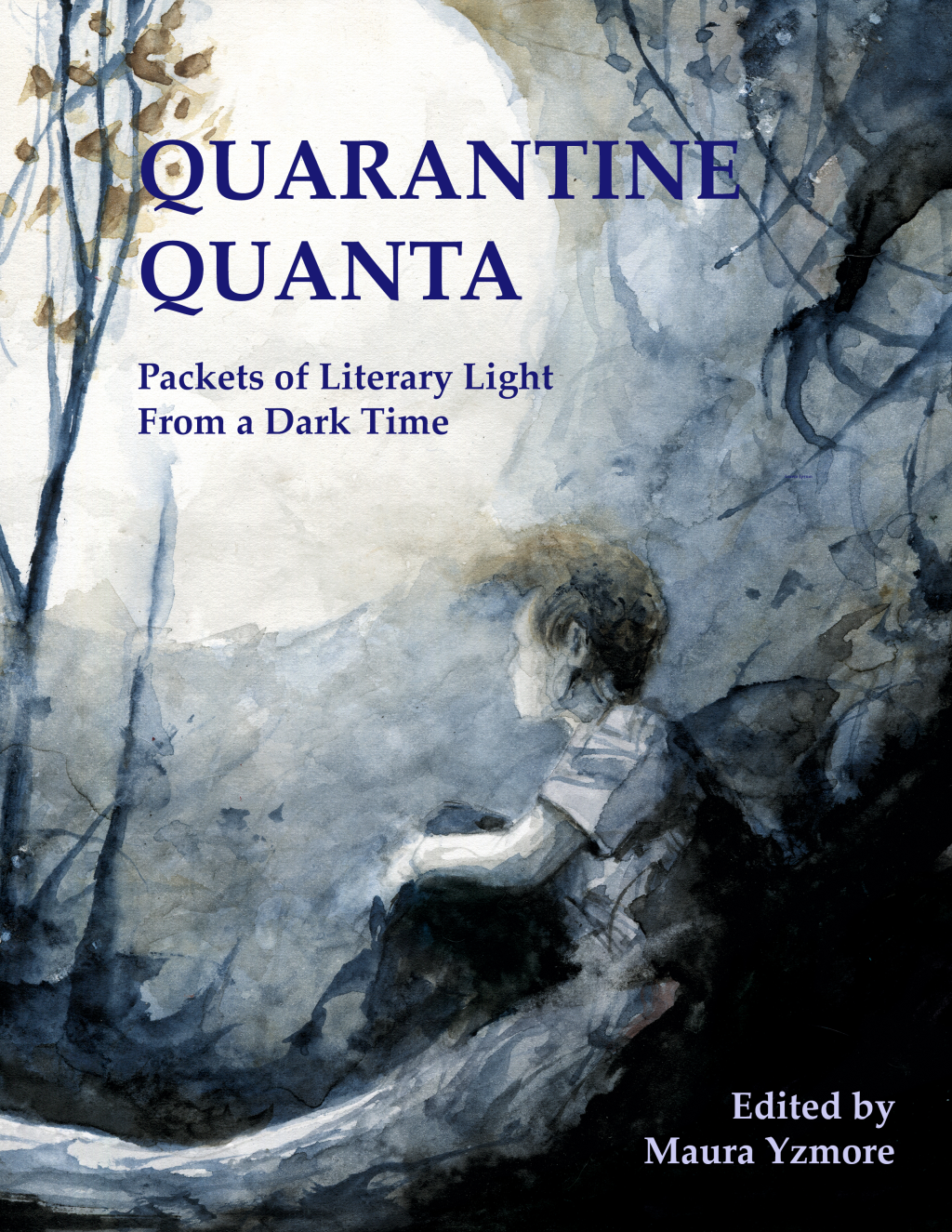Not that long ago, I spent some time reading submissions for a pro speculative magazine. This was my first time as a slush reader at this level and it was overall an intense, enjoyable, and greatly informative experience. I’m really glad I did it and I am sure it will help me improve my own craft, going forward.
We read blind (no author identifiers) and were required to submit a score and brief comments on each story. We could see the remarks of other slush readers, but only after we’d submitted ours.
Overall, I read only about 10% of all submitted stories. I read some brilliant pieces and some truly terrible ones, with a majority somewhere in between.
My own score breakdown went something like this:
~10% were the stories I really liked and thought were clearly publishable by the market. Of those, a handful resonated so strongly that I was willing to champion them.
~25% were the stories that I considered fine, but just didn’t love. They had no particular flaws in the structure or level of writing, but I could take them or leave them.
~65% or just a smidgen under 2/3 were, in my view, unacceptable. They had clearly identifiable objective flaws (pointed out independently by several slush readers) or else had what were damning but perhaps more subjective flaws (issues that pinged my peeve radar, but not necessarily that of other slush readers; more on that below).
When an author receives a rejection from a magazine, it’s always a question if the story is objectively bad (and, by extension, if the issues are with a particular story or more holistic, such as the author simply not yet writing at a high-enough level) or if the rejection came as a result of more subjective reasons, either personal (e.g., readers or editors simply didn’t love the piece) or logistical (e.g., magazine recently published something on a similar topic; doesn’t fit with the rest of the issue).
Based on what I’ve seen comparing my comments to those of other slush readers, I believe that the answer to the above is something like this: Up to a certain threshold level of an author’s craft, flaws in the writing can be and usually are objectively identified. Above threshold, evaluation becomes much more subjective, as different readers respond more or less strongly to what are not necessarily flaws but matters of taste, involving sub-genre, theme, and style.
I would say that ~ 50% of all stories I read fell under below-threshold writing, where two or more slush readers identified one or two big flaws. Some stories were close but not quite there; others were fairly poor overall.
Common reasons for a story rejection which were routinely picked up by multiple slush readers:
- Stilted prose, especially dialogue; rough transitions between paragraphs/ poor flow
- No hook; boring; reader doesn’t end up caring what happens with any of the characters and isn’t compelled to keep reading
- No conflict/weak plot; setting, worldbuilding, background, or character sketch supposed to serve instead of plot
- Weak ending: unearned/twist (out of nowhere); illogical; ending too soon or too late after the climax; lukewarm and unsatisfying
- Lack of internal consistency (illogical character actions within the context of the world)
- Sadly, there were a few stories with blatant hate speech (especially misogyny) that I wish I could forget having seen
Around 40% of the stories were above threshold, but triggered my peeve radar to some degree, enough for me to consider them unacceptable or just not particularly enticing. This is probably the most frustrating range to be in, because these stories are generally competently written; they might get a hold/second round in the hands of the right slush readers or they might get declined by another group.
Here are some issues that didn’t sit well with me, but might have been fine with some other slush readers, who, in turn, had their own preferences that sometime resulted in them suggesting the rejection of stories that I found delightful.
Emotions. A good story has to resonate emotionally with the reader. We need to have a character to care about, usually because they care about something. However, I have a fairly low tolerance for melodrama and I wish that infirm or deceased family members (especially children) weren’t used quite so often to milk the readers’ tear ducts. This is something I hate in literary and speculative fiction alike — sick or dead babies, kids, and grandmas employed to manipulate the reader’s feelings when the story doesn’t have much else going on, especially in terms of plot.
Grief and loss are relatable, but they hardly exhaust the human emotional spectrum, and certainly aren’t the sole or even the best motivator of characters. I wish sadness weren’t the central emotion as often as it is.
Plot. I love a clever plot, a plot that tickles my intellect, inflicted upon the characters with whom I can connect emotionally. That’s the way to my slush-reading heart. Several stories I read had what I felt was too unoriginal of a plot, as if plucked from a popular book/show/movie, but some other slush readers didn’t seem to mind, perhaps because they hadn’t consumed the same pop-culture products as me. If I find the plot delightful, I am willing to forgive a lot of other writerly sins. The same goes for humor; I’m a sucker for a genuinely funny story.
Style. I appear to have a relatively low threshold for purple prose, but my purple might be another reader’s gorgeous and lyrical. It’s not that I don’t like descriptive language, far from it; however, I have seen a number of stories where great language is supposed to mask a weak or nonexistent narrative arc. While this is a clear no from me, I know others will forgive a weakness in plot if the prose is beautiful.
Genre. I have a soft spot for sci-fi stories involving interstellar travel. Also time travel and parallel universes. OK, I love all sci-fi. In contrast, there are large swaths of fantasy that I am probably not the target audience for (generally anything involving magic, spells, potions, capes, or heroic quests). So even a perfect sword-and-sorcery story is unlikely to make me fall in love with it. I generally tried to stay away from scoring or commenting on such stories, because I knew I’d probably be too harsh simply because the topics were not to my personal taste.
Other. Setting/worldbuilding/background/character sketch used in lieu of plot is a big no-no. However, there was one particular story I remember, where key elements of worldbuilding also happened to introduce a very personal conflict for the protagonist, i.e., worldbuilding was a large and meaningful part of the plot. This goes to show that you can do anything if you know what you’re doing.
Finally, I want to emphasize that I’ve read some phenomenal stories, stories that are way better than what I can write today and probably ever. Most were held past the first round, but still didn’t get picked for publication. I rooted for them and felt as heartbroken at their rejection as I do for my own stories.
The conclusion is both disheartening and hopeful. Even great pieces get declined; not everything will be everyone’s cup of tea, no matter how strong the writing; all we can do is keep reading, keep writing, keep getting better, and keep supporting short-fiction magazines with our submissions, volunteering, and, if possible, subscriptions, so that many more amazing stories from the slush can make it into the world.



Leave a comment